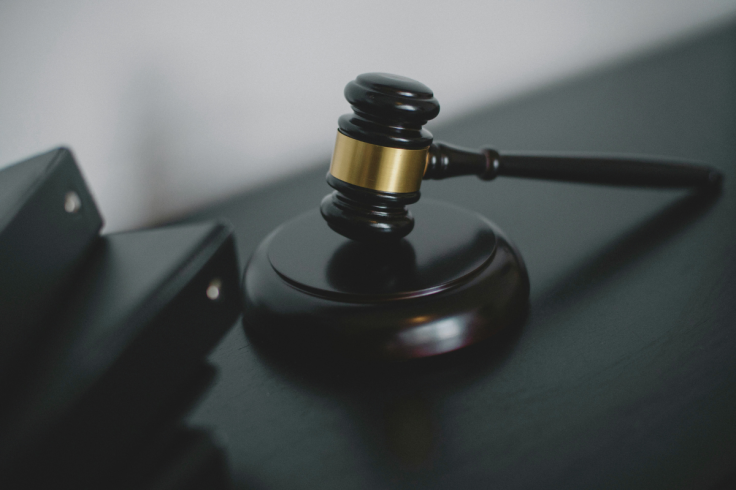Big Win for Skilled US Immigrants: Supreme Court Sides with H-1B Workers
Supreme Court delivers a landmark victory for H-1B visa holders, impacting tech workers and skilled immigrants nationwide

In a major victory for skilled immigrants in the United States, the Supreme Court has declined to hear a challenge to a federal rule that allows certain spouses of H-1B visa holders to work legally in the country.
The decision, announced on 15 October 2025, effectively upholds a 2024 appellate ruling that affirmed the legality of employment authorisation for H-4 visa holders—dependents of H-1B workers.
The case was brought by Save Jobs USA, a group representing American-born IT professionals, who argued that the Department of Homeland Security (DHS) lacked the authority to grant work permits to non-citizens without explicit congressional approval.
The Supreme Court's refusal to hear the case leaves the existing rule intact, providing relief to tens of thousands of immigrant families and their employers.
As reported by Newsweek, the decision 'preserves a key source of economic and family stability for thousands of immigrant households and the employers who rely on them.'
Background: A Decade-Long Legal Battle
The controversy dates back to 2015, when the Obama administration introduced a rule allowing H-4 visa holders, primarily spouses of H-1B workers, to apply for employment authorisation. The move was intended to ease financial burdens on immigrant families and improve retention of skilled workers in sectors such as technology, healthcare and engineering.
Save Jobs USA launched a legal challenge soon after, claiming the rule unfairly displaced American workers and exceeded DHS's statutory authority. The group cited a supposed split among circuit courts over whether federal agencies could independently grant work eligibility to non-citizens.
However, the government countered that Save Jobs USA lacked standing to sue and that no genuine circuit split existed. The Supreme Court's decision to pass on the case aligns with that view, as noted in Bloomberg Law's coverage.
Relief for Thousands of Families

The ruling is expected to benefit hundreds of thousands of H-4 visa holders, many of whom are highly educated professionals in their own right. For years, these individuals faced uncertainty over their ability to work, despite being legally present in the US and married to H-1B visa holders.
The ruling comes at a time when immigration policy remains a contentious issue in US politics. Last month, President Donald Trump proposed a controversial $100,000 (around £74,000) fee on new H-1B visa applications, prompting legal challenges from unions, employers and advocacy groups. Critics argue that such measures are unconstitutional and designed to deter skilled immigration.
As reported by Outlook Business, legal experts believe the fee will be struck down, with one attorney arguing that 'no president has the authority to create new taxes.'
The Supreme Court's decision not only reinforces the rights of H-1B families but also signals judicial restraint in the face of politically charged immigration policies.
Industry Reaction and Future Outlook
Tech companies and multinational employers have welcomed the ruling, citing its importance for workforce stability and talent retention. Many H-1B workers are employed in critical sectors where dual-income households are essential for long-term settlement and productivity.
Immigration advocates view the decision as a step toward more humane and practical visa policies. However, they caution that further reforms are needed to streamline green card processing and reduce backlogs for skilled workers.
For now, the Supreme Court's move offers a measure of certainty to thousands of immigrant families navigating the complexities of US visa regulations—an outcome many see as long overdue.
© Copyright IBTimes 2025. All rights reserved.





















